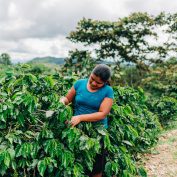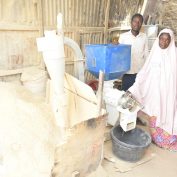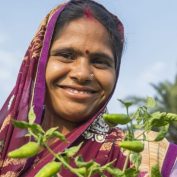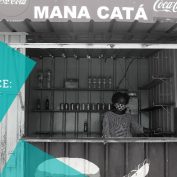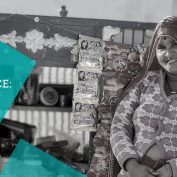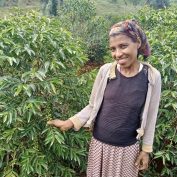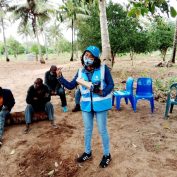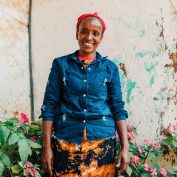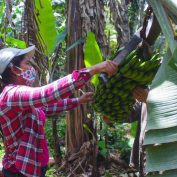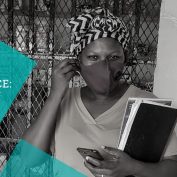Lessons in Gender Equality: 5 Questions with Cait Nordehn, Global Gender Advisor
Cait Nordehn joined TechnoServe in January 2021 as our new global gender advisor. In this Q&A, she answers questions about her background, what drew her to TechnoServe, and what aspect of her work she is most passionate about.



